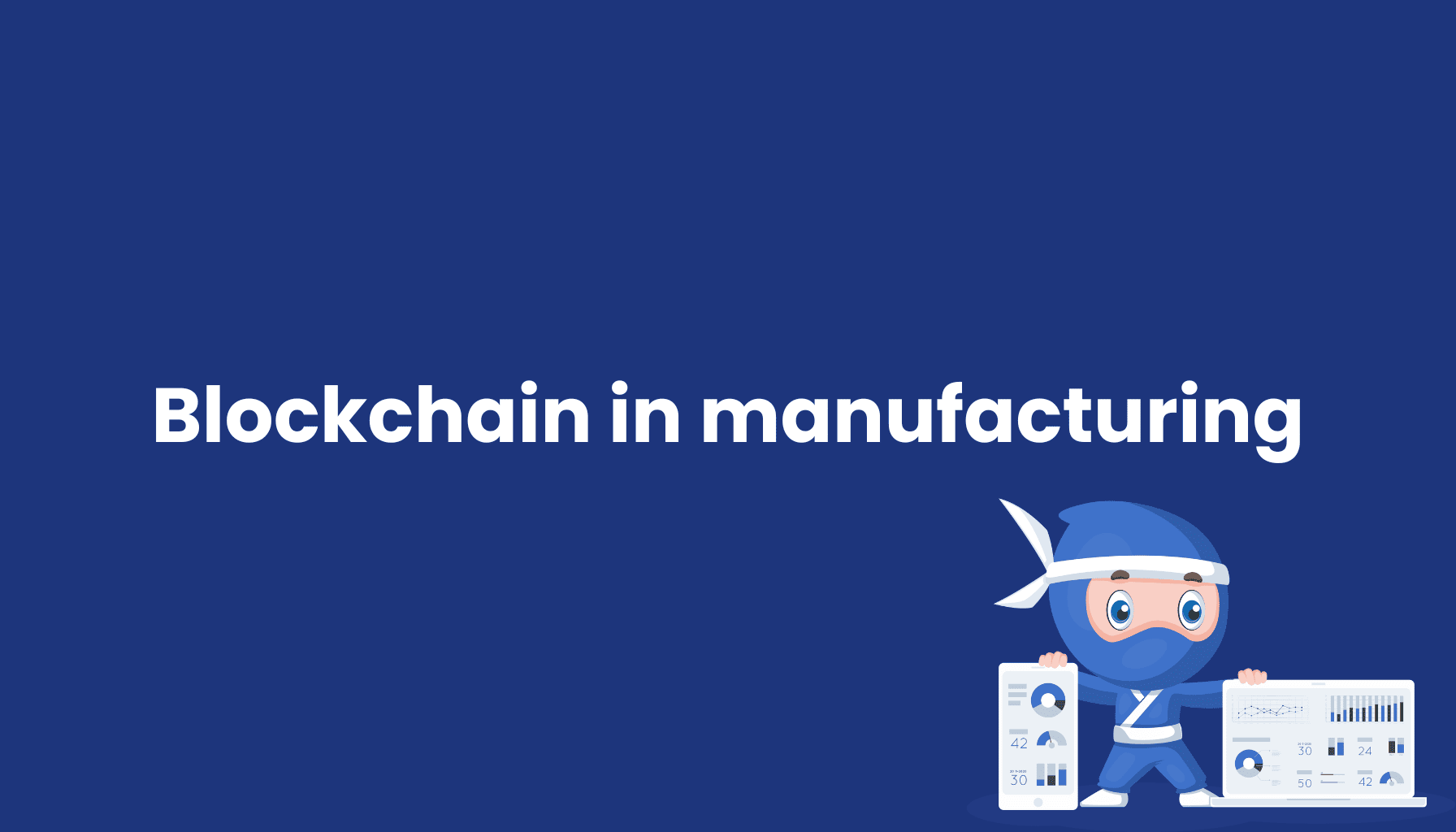Blockchain in manufacturing

What is Blockchain Technology in Manufacturing?
Blockchain technology is transforming the manufacturing industry by enabling decentralized and tamper-resistant data storage. This enhances transparency, security, and efficiency across various business processes. In manufacturing, blockchain is particularly useful for tracking materials and products, verifying authenticity and quality, and optimizing the supply chain.
Benefits of Blockchain Technology in Manufacturing
-
Transparency and Traceability: Each transaction is recorded in an immutable, transparent ledger accessible to all supply chain participants. This facilitates full traceability of materials and products, from raw material sourcing to end-user delivery.
-
Enhanced Security: Blockchain’s decentralized nature protects sensitive data from tampering and cyberattacks, ensuring the integrity and security of information.
-
Authenticity Verification: Blockchain supports the verification of material and product origin, helping detect counterfeit or substandard materials and strengthening quality assurance.
-
Efficiency Through Smart Contracts: Smart contracts automate processes by executing actions when predefined conditions are met, optimizing workflows and reducing administrative costs.
-
Compliance and Trust: The transparent, unchangeable record of all transactions supports regulatory compliance and builds trust among business partners who can rely on the authenticity of shared data.
Use Cases for Blockchain in Manufacturing
-
Supply Chain Management: Blockchain allows seamless tracking and documentation across the supply chain, from raw material acquisition to production and final product delivery. This enables companies to fully verify the origin and journey of a product.
-
Quality Assurance: Blockchain ensures quality control throughout the production process by documenting each stage, helping maintain high standards and identifying potential production errors.
-
Smart Contracts: Automated contracts streamline transaction processes and reduce administrative costs by ensuring processes are executed only when specific conditions are met.
Conclusion
Blockchain technology is transforming manufacturing by providing a secure, transparent, and efficient platform for managing and tracking production processes. With blockchain, companies can increase transparency, ensure data integrity, and enhance supply chain efficiency. Blockchain also fosters trust among business partners, enabling companies to meet the growing demands for security and compliance.



